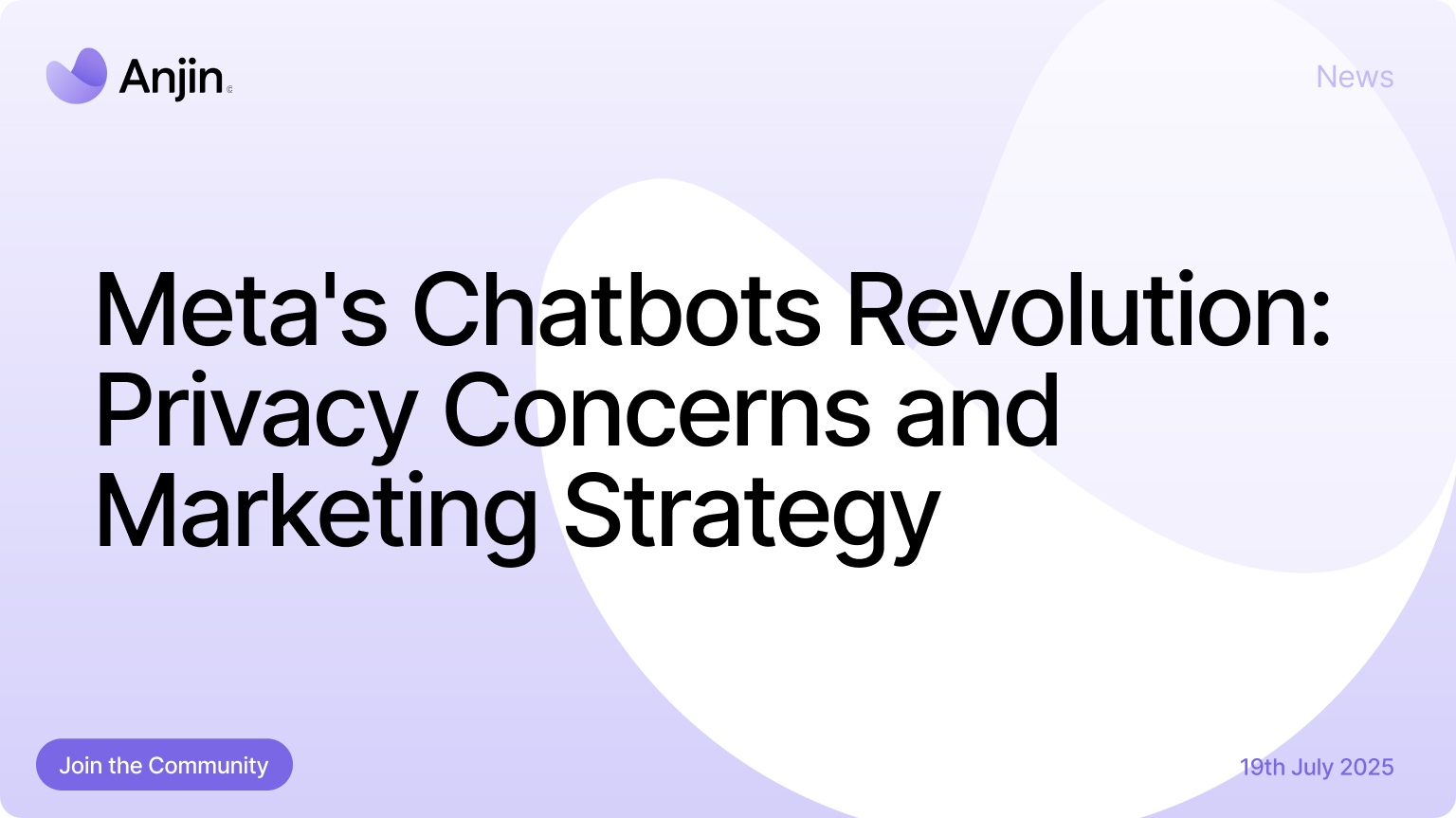Meta's Chatbot Initiative: A Closer Look
Meta, the parent company of Facebook, WhatsApp, and Instagram, is testing a new generation of proactive chatbots designed to initiate conversations with users. According to leaked documents, these AI-driven bots, part of the Meta AI Studio, will not only remember past interactions but also send follow-up messages across different platforms. This development is a significant shift from the traditional reactive chatbot model, where users initiate contact.
The introduction of these proactive chatbots raises several questions, particularly concerning user privacy and consent. Privacy advocacy groups are already drafting complaints, focusing on the necessity of 'consent strings for proactive AI'. This term refers to the clear and informed consent users must give before such AI systems can engage with them proactively. The Information Commissioner's Office (ICO) in the UK, known for its stringent privacy regulations, is likely to scrutinise this closely.
Meta's move is part of a broader trend towards more personalised and engaging digital experiences. However, it also highlights the need for transparent and ethical AI practices. As these chatbots become more prevalent, companies must navigate the fine line between innovation and privacy infringement. A recent study by the Pew Research Center found that 72% of people are concerned about how companies use their data, underscoring the importance of addressing these privacy issues.
Unveiling the Hidden Opportunity
While privacy concerns are valid, the proactive chatbot initiative offers a unique opportunity for businesses to enhance customer engagement. By leveraging AI's capability to remember past interactions, companies can provide more personalised and timely responses, potentially increasing customer satisfaction and loyalty.
According to a report by Gartner, businesses that utilise AI-driven customer service solutions can expect a 25% increase in customer satisfaction by 2025. This indicates a significant opportunity for companies willing to invest in AI technologies and implement them responsibly. By carefully crafting consent strategies and ensuring compliance with data protection laws, businesses can leverage these chatbots to gain a competitive edge.
Strategic Playbook for Marketer
- Understand the technology: Familiarise yourself with how Meta's proactive chatbots operate and the potential they hold for your business.
- Focus on consent: Develop clear and transparent consent strategies to ensure compliance with privacy regulations.
- Leverage data: Use the data collected through chatbots to personalise customer interactions and improve service delivery.
- Monitor and adapt: Continuously assess the effectiveness of your chatbot strategy and make adjustments as needed to optimise performance.
- Educate your team: Ensure that your marketing and customer service teams are trained on the ethical use of AI and data privacy best practices.
How Anjin's AI Agents Can Enhance Your Strategy
Anjin offers a suite of AI agents that can help businesses navigate the complexities of integrating proactive chatbots into their marketing strategies. The E-E-A-T Enhancer is particularly relevant, as it ensures that your content and interactions are trustworthy and authoritative, two critical factors in gaining and maintaining customer trust.
Additionally, the Content Creator AI agent can assist in crafting personalised messages that resonate with your audience, further enhancing the effectiveness of your chatbot interactions.
Take Action: Embrace the Future Today
As Meta's proactive chatbots usher in a new era of digital interaction, businesses must act swiftly to adapt. Start by assessing your current chatbot strategy and identify areas for improvement. Implement robust consent mechanisms and leverage AI technologies to enhance your customer engagement.
Visit Anjin's website to explore their AI solutions and discover how they can help you stay ahead in this rapidly evolving landscape. Don't wait—embrace the future of customer interaction today.





